Basic Workshops
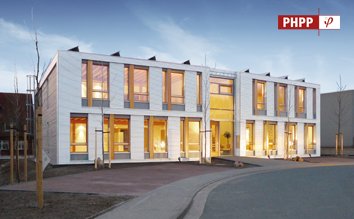
Monday and Tuesday, 5 & 6 March 2018, 9:00am - 6:00pm
PHPP Basics (in German)
This 2-day workshop provides basic knowledge of the Passive House Planning Package (PHPP), the energy balancing and planning tool for efficient buildings and retrofits.
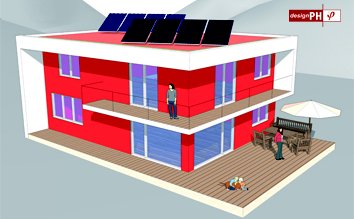
Wednesday, 7 March 2018,
9:00am - 6:00pm
designPH from beginner to advanced user (in English)
FULLY BOOKED
We will demonstrate how a building model can easily be set up using the 3D planning tool designPH, to receive preliminary feedback on the energy performance of your sketch designs. Learn how to refine the building energy model to improve the efficiency.
Advanced Workshops
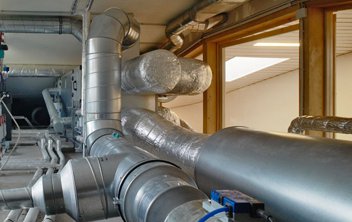
Thursday, 8 March 2018
9:00am -1:00pm
New ventilation concepts (in German)
Become familiar with new concepts of controlled ventilation, which provide a promising approach towards less investment costs: facade-integrated ventilation and decentralized solutions.
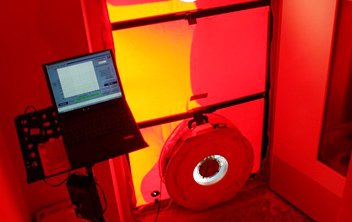
Thursday, 8 March 2018
9:00am - 1:00pm
Air tightness and moisture control in various climates (in English)
This workshop will summarise the findings from various studies on Passive Houses in different climates of the world, carried out at the PHI. The importance of air tight construction and the influences on energetic and moisture issues under the major climatic boundary conditions will bepointed out.
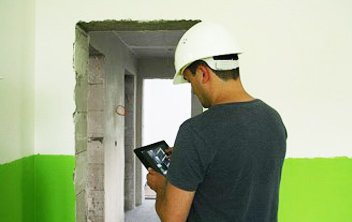
Thursday, 8 March 2018
9:00am - 1:00pm
BIM based quality assurance and efficiency design (in English)
FULLY BOOKED
Learn how to prepare a BIM-model for IFC-export to then either import it into PHPP or into a Virtual Construction Management Platform for quality assurance of energy efficient projects. Space is limited, registration obligatory – no fee.
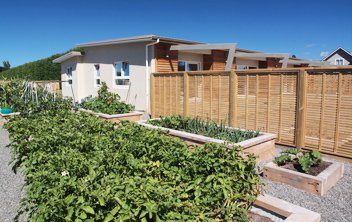
Thursday, 8 March 2018
9:00am - 1:00pm
Economics of energy efficiency (in German)
How do you determine the economics of energy efficient measures? During this workshop, you will learn how to identify the reasonable costs of a project and how to compare different possibilities. Also, the influence of support programmes will be presented. A hands-on part will deal with the input of project variants in PHPP and the profitability analysis with PHeco.
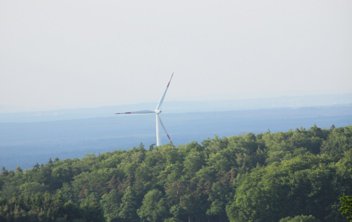
Thursday, 8 March 2018
9:00am - 1:00pm
Integrating energy efficiency and renewables towards optimal solutions (in German)
The less energy a building requires, the easier it is for this energy to be provided in a sustainable way. We will show you how cost-efficient and simple solutions can be achieved – both in theory and in many built and monitored examples.

Thursday, 8 March 2018
2:30pm - 6:30pm
Energy efficient hot water systems (in English)
The energy demand for the provision of hot water plays a dominant role in the energy balance of residential Passive House buildings. This workshop presents and discusses saving potentials and planning recommendations.
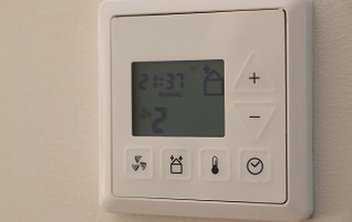
Thursday, 8 March 2018
2:30pm - 6:30pm
Commissioning and performance optimisation (in German)
The workshop will focus on quality assurance as well as common MVHR commissioning issues and suggestions on how to tackle them. The most important findings of the 52nd session of the Research group for cost-effective Passive House buildings will be summarised.

Thursday, 8 March 2018
2:30pm - 6:30pm
Cooling and dehumidification (in English)
This workshop provides an overview of cooling and dehumidification strategies for Passive House buildings. After initial considerations on the reduction of cooling energy demand, the main focus will be on the energy efficient, cost-effective and efficient supply and distribution of cooling in Passive House buildings in warm climates.
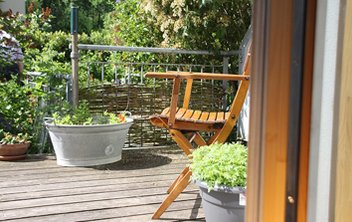
Thursday, 8 March 2018
2:30pm - 6:30pm
Highly energy efficient building facades: Cozy, achievable and profitable (in German)
Insulation and air tightness lead to mildew, high costs and don’t provide the promised savings? The opposite is the case! The reasons for this will be discussed in this workshop, as well as functional, practicable and cost-efficient solutions and how to convince your clients.

Wednesday, 7 March 2018,
9:00am - 6:00 pm
PHPP variant calculation (in English)
Become familiar with the use of the PHPP variant calculation! Allow your client to compare efficiency measures for various standards; check the influence of insulation thickness or other components on the energy demand; and enter retrofit stages to explain efficiency improvement of a building over 20 years.
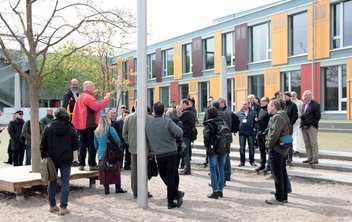
Thursday, 8 March 2018,
9:30am - 4:00pm
Dialogue Forum for municipalities:
Energy-optimised communal buildings – successful and cost-efficient implementation of planning, construction and operation
For representatives from municipalities, cities and rural districts, this event offers successful practical examples with concrete tips and instructions for implementation. Beginners and experts will get an overview of the technical and economic possibilities and developments in energy efficient construction.
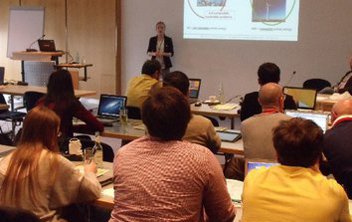
Monday, 12 March 2018, 12:30pm - 5:30pm
Tuesday, 13 March 2018, 9:00am - 5:45pm
Train-the-Trainer Course
This course takes place subsequently to the International Passive House Conference and is adressed to everybody who is fascinated by the Passive House and would like to share their knowledge as a speaker in courses for certified Passive House designers or certified Passive House tradespersons.